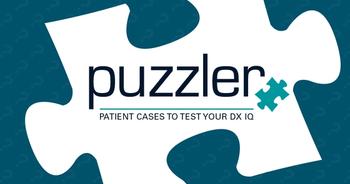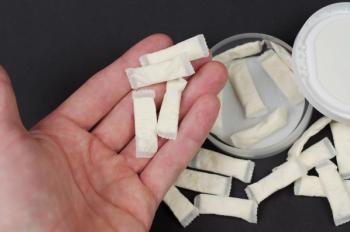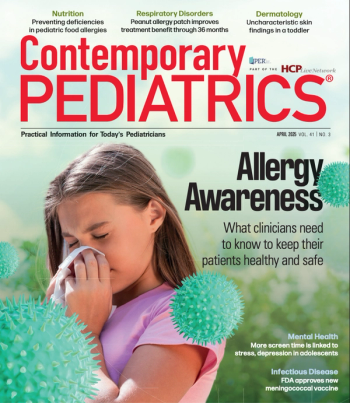
Mental, Behavioral and Development Health
Latest News
Latest Videos

CME Content
More News

A clinical trial found CBD was safe and well-tolerated in autistic boys, with some showing behavioral improvements, though placebo effects were strong.

Even low-level lead exposure in early childhood may speed up memory loss, according to a new study using a cognitive task to measure forgetting rates.

Data from the study suggest caretakers of CPP patients be vigilant for psychiatric symptoms to begin care at an early stage.

The total number of pediatric mental health hospitalizations declined in 2022, the first time observed since 2009.

In this video interview, Michael Daines, MD, explains phase 3 data for Panzyga (Octapharma) for pediatric acute- onset neuropsychiatric syndrome (PANS).

Addictive use of screens—not total time—was linked to higher risks of suicidal behavior and mental health issues in early adolescents.

A recent study found screen time and socioemotional problems in children are linked in both directions, with gaming tied to greater risk than other activities.

New research highlights how differences in state laws may be linked to changing trends in pediatric firearm mortality across the United States.

Children with blood lead levels below CDC intervention thresholds had lower test scores through adolescence, a new study showed.

Colleen Sloan, PA-C, RDN, highlights the connection between poor dietary patterns and mental health challenges in children, and offers nutrient-focused solutions.

Can you diagnose this patient?

Get caught up with Contemporary Pediatrics! This list helps you navigate our top stories from the week, all in one place.

A recently published study found sharp increase in the use of nicotine pouches among US high school students, with usage nearly doubling from 2023 to 2024.

“These findings provide evidence that social media may be contributing to the development of depressive symptoms,” said Jason M. Nagata, MD, MSc.

Research shows that nearly 80% of foster children have at least 1 significant mental health need.

In this article, we recap our top stories, expert interviews, and Q+A discussions from the 2025 Pediatric Academic Societies meeting.

Study finds education from multiple sources increases parent inquiry about firearms.

New data from national survey highlights disparities and need for focused prevention strategies.

Find out how pediatricians play a crucial role in early autism diagnosis and how to advise families post-diagnosis.

Overall, findings revealed that a higher proportion of children with autism had a history of motor milestone delays.

CBD cannabis extract may improve social responsiveness and reduce disruptive behavior in children with autism, with no increase in adverse effects, according to a recent study

Editor-in-chief Tina Tan, MD, FAAP, FIDSA, FPIDS, highlights the April, 2025, issue of Contemporary Pediatrics, with a special focus on pediatric allergy awareness.

A newly published Swedish study supports other research that suggests screen time displaces sleep in multiple ways.

View our Q1 2025 recap of standout pediatric news from FDA regulatory updates, clinical trial results, and expert commentary.

Research suggests that sex-based differences in the kynurenine pathway may contribute to depression risk in adolescents.
















